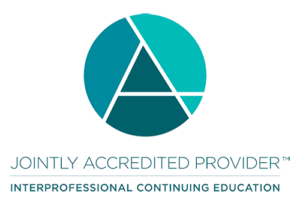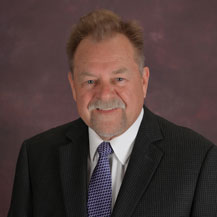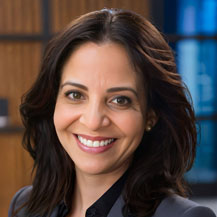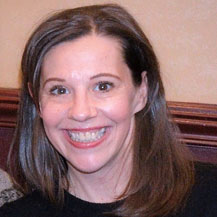
CONTINUING EDUCATION CREDIT
Continuing Education Productions / CEP
2024 Fall Social Work Institute
September 20, 2024
Virtual
Joint Accreditation Statement
In support of improving patient care, this activity has been planned and implemented by Amedco LLC and Continuing Education Productions. Amedco LLC is jointly accredited by the Accreditation Council for Continuing Medical Education (ACCME), the Accreditation Council for Pharmacy Education (ACPE), and the American Nurses Credentialing Center (ANCC), to provide continuing education for the healthcare team. Amedco Joint Accreditation #4008163.
Social Workers (ASWB) Credit Designation:
As a Jointly Accredited Organization, Amedco is approved to offer social work continuing education by the Association of Social Work Boards (ASWB) Approved Continuing Education (ACE) program. Organizations, not individual courses, are approved under this program. State and provincial regulatory boards have the final authority to determine whether an individual course may be accepted for continuing education credit. Amedco maintains responsibility for this course. Social Workers completing this course receive 7.00 Clinical hours, including 1.50 Ethics, 1.50 Cultural Competency, 1.00 Mandatory Reporting continuing education credits.
SOCIAL WORKERS
The following state boards accept courses offering ASWB ACE credit for Social Workers: AK, AL, AR, AZ, CA, CO, CT, DC, DE, FL, GA, HI, ID, IL, IN, IA, KS, KY, LA, ME, MD, MA, MI, MN, MS, MO, MT, NC, ND, NE, NH, NM, NV, OH, OK*, OR, PA, RI, SC, SD, TN, TX, UT, VT, VA, WA, WI, WV*, WY
*OK: Accepts ASWB ACE for live, in-person activities but not for ethics and/or online courses.
*WV: Accepts ASWB ACE unless activity is held live in West Virginia.
LPCs/LICENSED PROFESSIONAL COUNSELORS
The following state boards accept courses offering ASWB ACE credit for Counselors: AK, AR, AZ, CA, CO, CT, DC, FL, GA, IA, ID, IL, IN, KS, MA, MD, ME, MO, ND, NE, NM, NH, NV, OK*, OR, PA, TN, TX, UT, VA, WI, WY
AL: Activities without NBCC approval may be approved upon receipt of documentation prior to the activity BEFORE the event. No approvals afterward by the board.
MI: No CE requirement
MFTs/MARRIAGE AND FAMILY THERAPISTS
The following state boards accept courses offering ASWB ACE credit for MFTs: AK, AR, AZ, CA, CO, FL, IA, ID, IN, KS, MD, ME, MO, NC, NE, NH, NM, NV, OK*, OR, PA, RI, TN, TX, UT, VA, WI, WY
AL MFTs: Credits authorized by NBCC or any other state licensing agency will be accepted.
MA MFTs: Participants can self-submit courses not approved by the MAMFT board for review.
MI: No CE requirement.
ADDICTIONS PROFESSIONALS
The following state boards accept ASWB ACE credit for Addictions Professionals: AK, CA, CO, CT, GA, IA, IN, KS, LA, MO, MT, ND, NM, NV, OK, OR, SC, WA, WI, WV, WY
NEW YORK SOCIAL WORKERS
New York Board for Social Workers (NY SW)
Amedco SW CPE is recognized by the New York State Education Department’s State Board for Social Work as an approved provider of continuing education for licensed social workers #0115. 7.00 hours.








